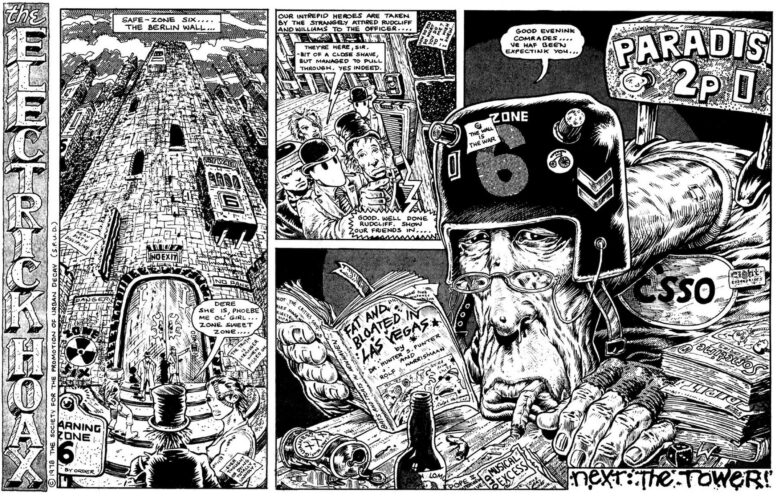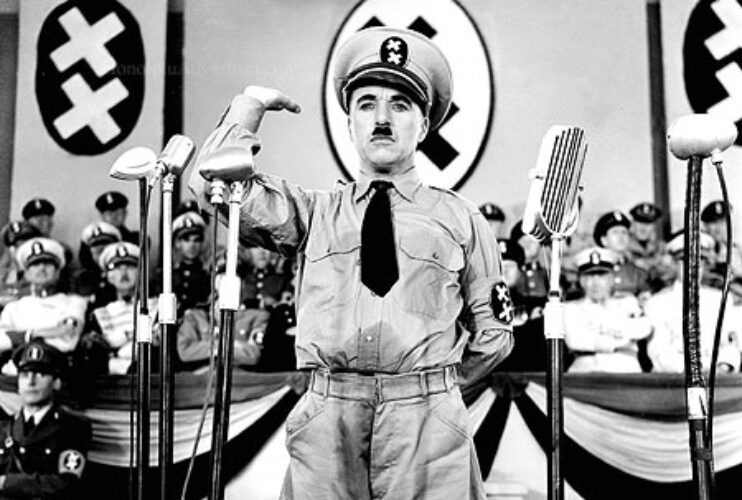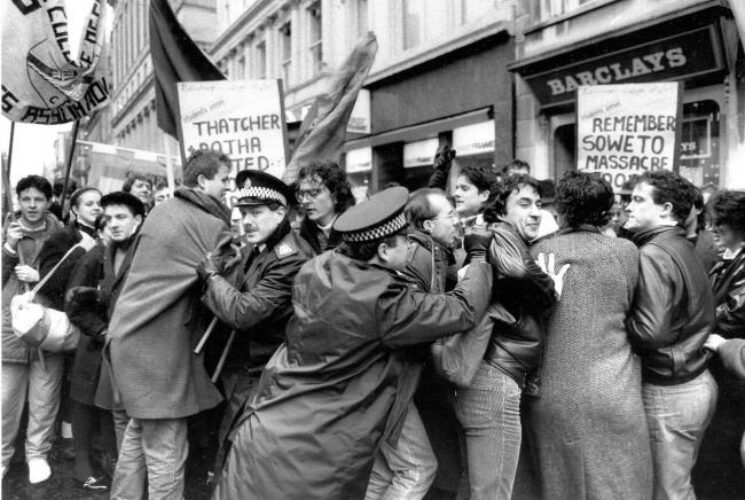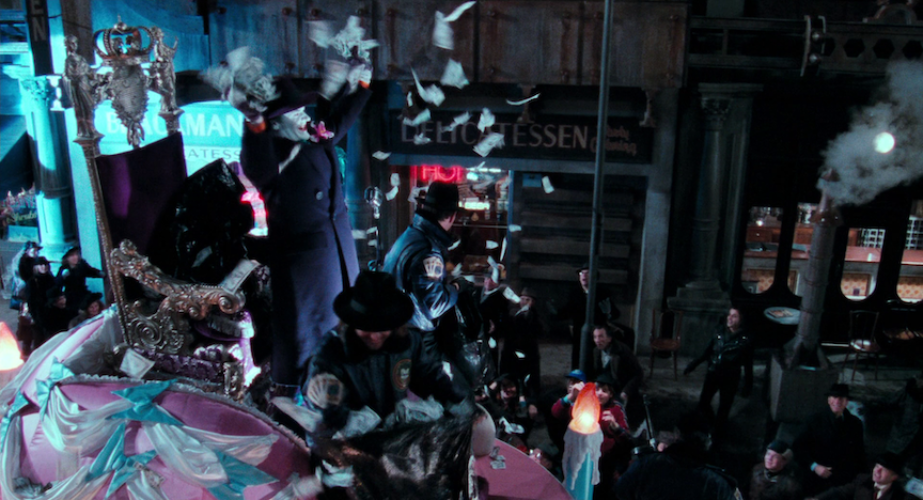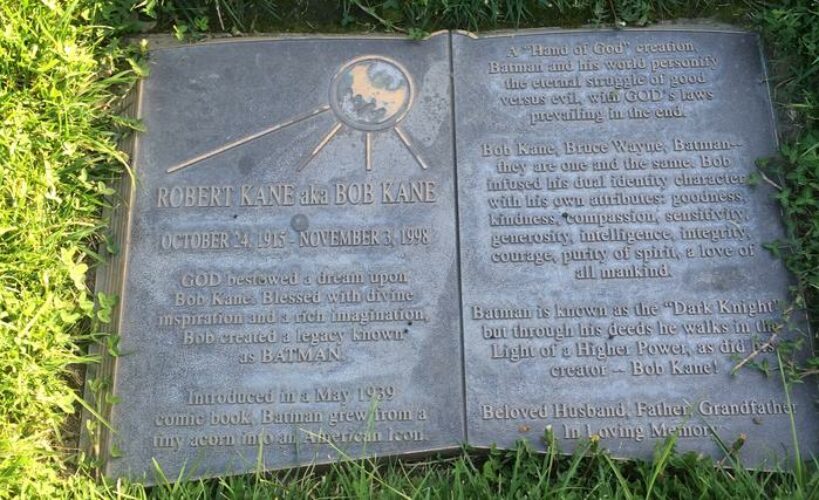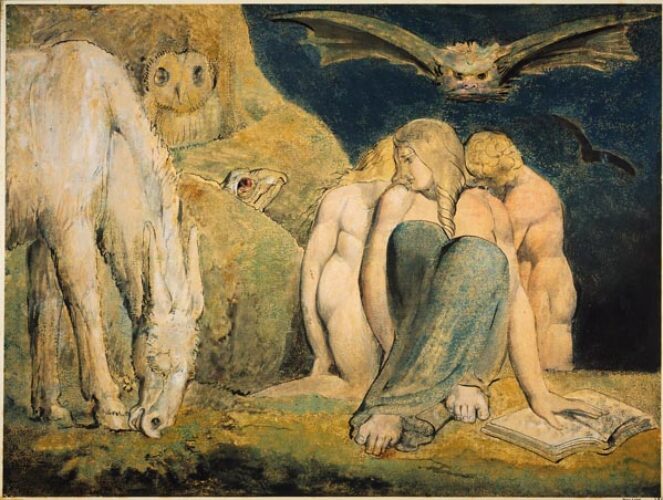For Sweet Fuck All (Book Three, Part 25: Troubled Souls)
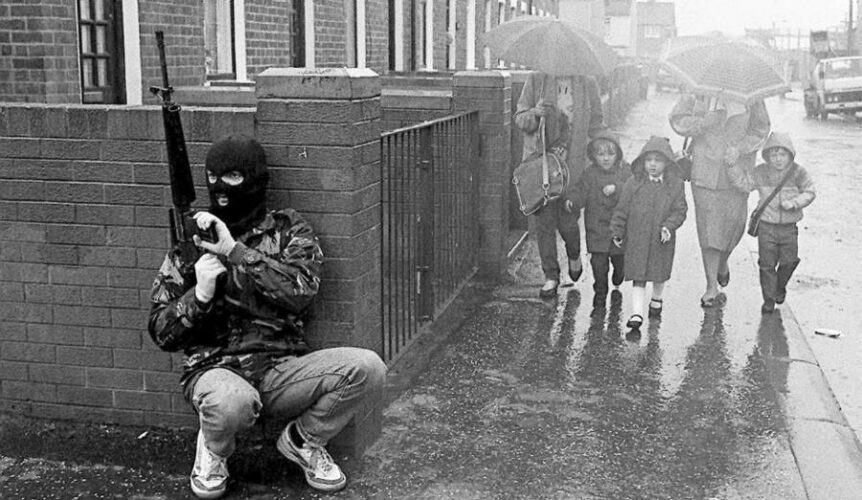
CW: NSFW imagery.
Previously in The Last War in Albion: The late 80s/early 90s anthology Crisis was a politically engaged book for mature audiences that saw early work from a number of prominent figures, among them Garth Ennis.
If I’m a cynic, is being a believer really all that much better? Is never giving in, never compromising, is that really so great? When so many parts of your country have been turned into hell? When three thousand people have died for sweet fuck all? – Garth Ennis, The Punisher
Hailing as he does from Northern Ireland, Garth Ennis is not technically a British comics writer. Nevertheless he is a major figure in the nexus of writers that formed within the blast radius of the War—a secondary figure on the same order as Gaiman or Millar. Ennis entered comics as a young hotshot; he had just turned nineteen when he landed Troubled Souls in Crisis, his first professional work. Nevertheless, he immediately joined the upper echelons of the scene, charming Moore on the train ride to Angoulême a few weeks after is birthday in 1989 and commencing what would be a lifelong friendship. (Ennis recalls Moore advising him early on to “own what you create. Don’t let them do to you what they did to our generation,” which is probably more hindsight than Moore would have treated his career just two years after Watchmen, but comports with Moore’s own memory of “ giving him dire warnings about what he should expect in the comics industry.” Moore, in any case, provided a blurb for the trade paperback of Ennis’s second Crisis story, True Faith, describing it as “a fresh and original work, the power and charm of which last long after one closes its pages.”) Troubled Souls goes a long way towards explaining this meteoric ascent; it is, quite simply, a spectacular work. In one sense it is, like Sticky Fingers, a slice of life comic. But a slice of life comic is typically defined by its normality, while Troubled Souls was nothing of the sort. It was, instead, a comic about life during the Irish Troubles.
In one sense the Troubles can only be understood in a larger historical context. This begins roughly in the 12th century when the Normans conducted their first invasion of Ireland on the nominal pretext of assisting the deposed King of Leinster Diarmid mac Murchadha, but more generally because Ireland was a big island full of resources right near Britain and conquering things like that is what 12th century Normans did. This commenced a period of several centuries in which English influence in Ireland largely waxed and waned over the next few centuries until 1542 when the Irish Parliament acceded to the English demand to become the Kingdom of Ireland, with the British monarch on the throne, a request made both out of concern over the growing rebelliousness of the Irish and the need to consolidate newly Protestant English control over Ireland separately from the Catholic Church’s authority.…



